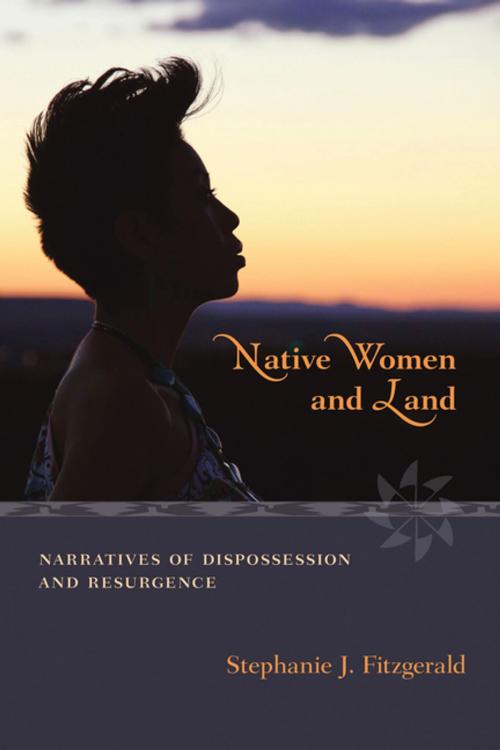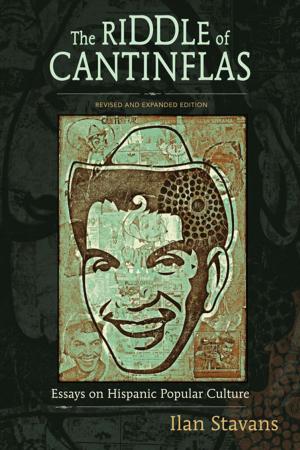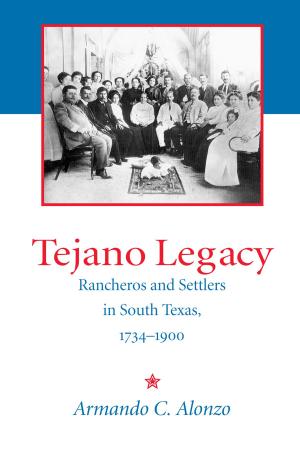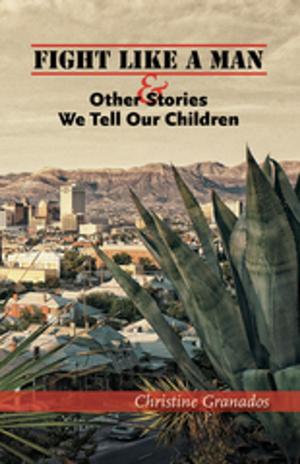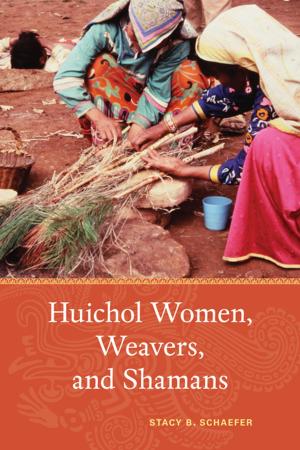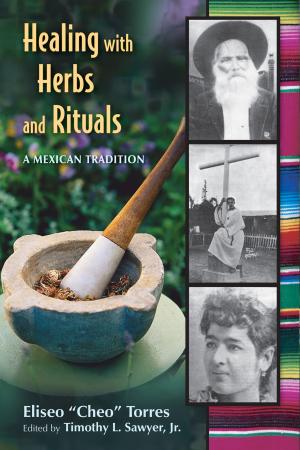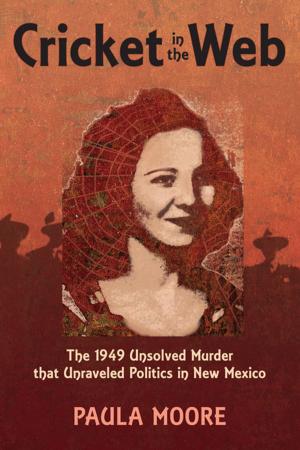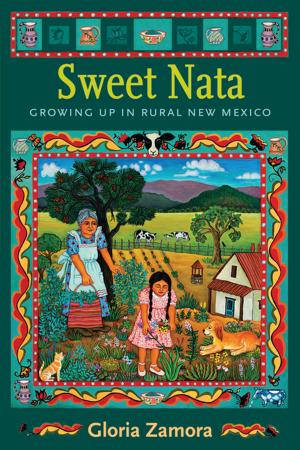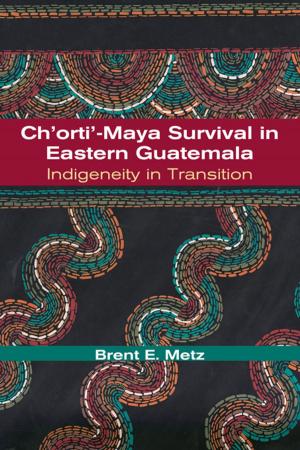Native Women and Land
Narratives of Dispossession and Resurgence
Fiction & Literature, Literary Theory & Criticism, Native American, Nonfiction, Social & Cultural Studies, Social Science, Cultural Studies, Native American Studies| Author: | Stephanie J. Fitzgerald | ISBN: | 9780826355584 |
| Publisher: | University of New Mexico Press | Publication: | March 15, 2015 |
| Imprint: | University of New Mexico Press | Language: | English |
| Author: | Stephanie J. Fitzgerald |
| ISBN: | 9780826355584 |
| Publisher: | University of New Mexico Press |
| Publication: | March 15, 2015 |
| Imprint: | University of New Mexico Press |
| Language: | English |
“What roles do literary and community texts and social media play in the memory, politics, and lived experience of those dispossessed?” Fitzgerald asks this question in her introduction and sets out to answer it in her study of literature and social media by (primarily) Native women who are writing about and often actively protesting against displacement caused both by forced relocation and environmental disaster. By examining a range of diverse materials, including the writings of canonical Native American writers such as Louise Erdrich, Linda Hogan, and Elizabeth Cook-Lynn, and social media sites such as YouTube and Facebook, this work brings new focus to analyzing how indigenous communities and authors relate to land, while also exploring broader connections to literary criticism, environmental history and justice, ecocriticism, feminist studies, and new media studies.
“What roles do literary and community texts and social media play in the memory, politics, and lived experience of those dispossessed?” Fitzgerald asks this question in her introduction and sets out to answer it in her study of literature and social media by (primarily) Native women who are writing about and often actively protesting against displacement caused both by forced relocation and environmental disaster. By examining a range of diverse materials, including the writings of canonical Native American writers such as Louise Erdrich, Linda Hogan, and Elizabeth Cook-Lynn, and social media sites such as YouTube and Facebook, this work brings new focus to analyzing how indigenous communities and authors relate to land, while also exploring broader connections to literary criticism, environmental history and justice, ecocriticism, feminist studies, and new media studies.
